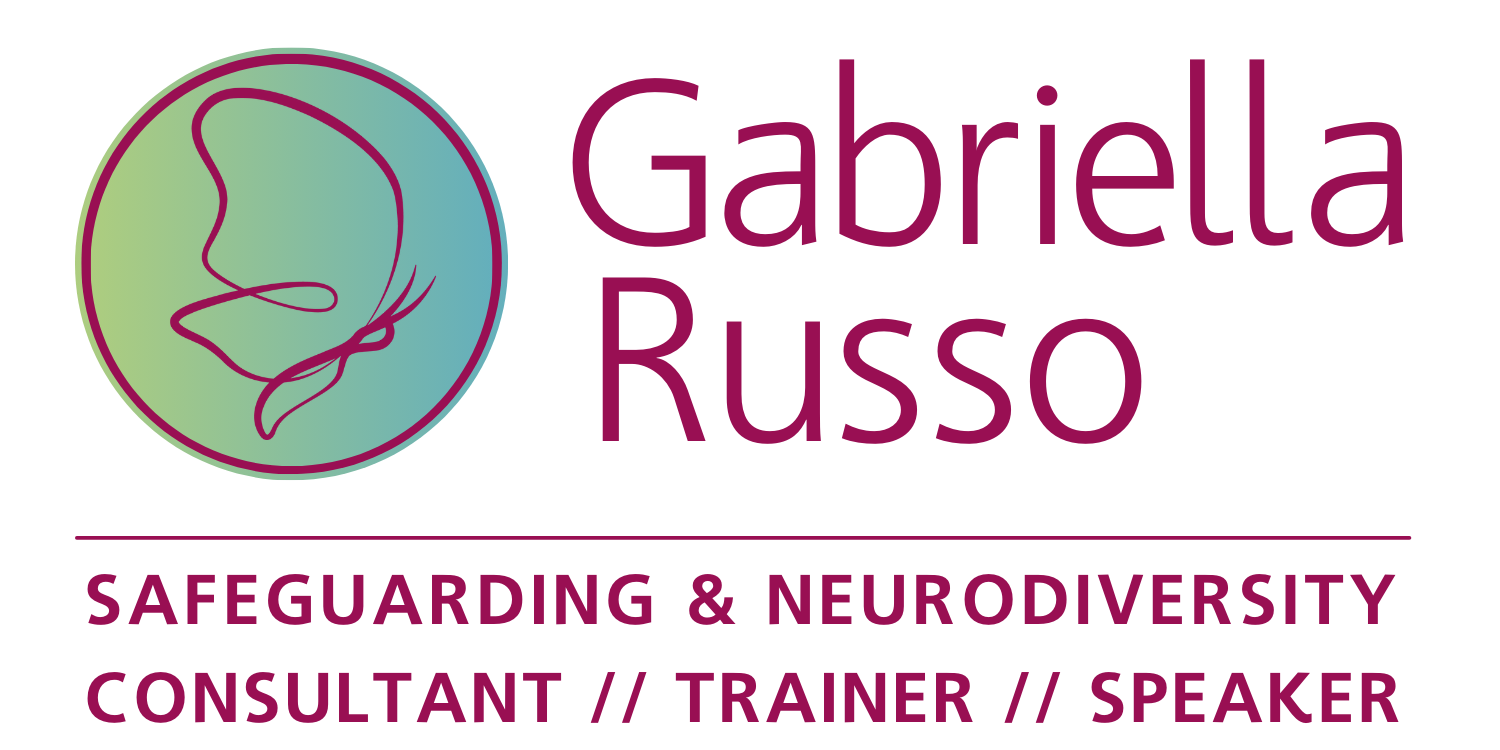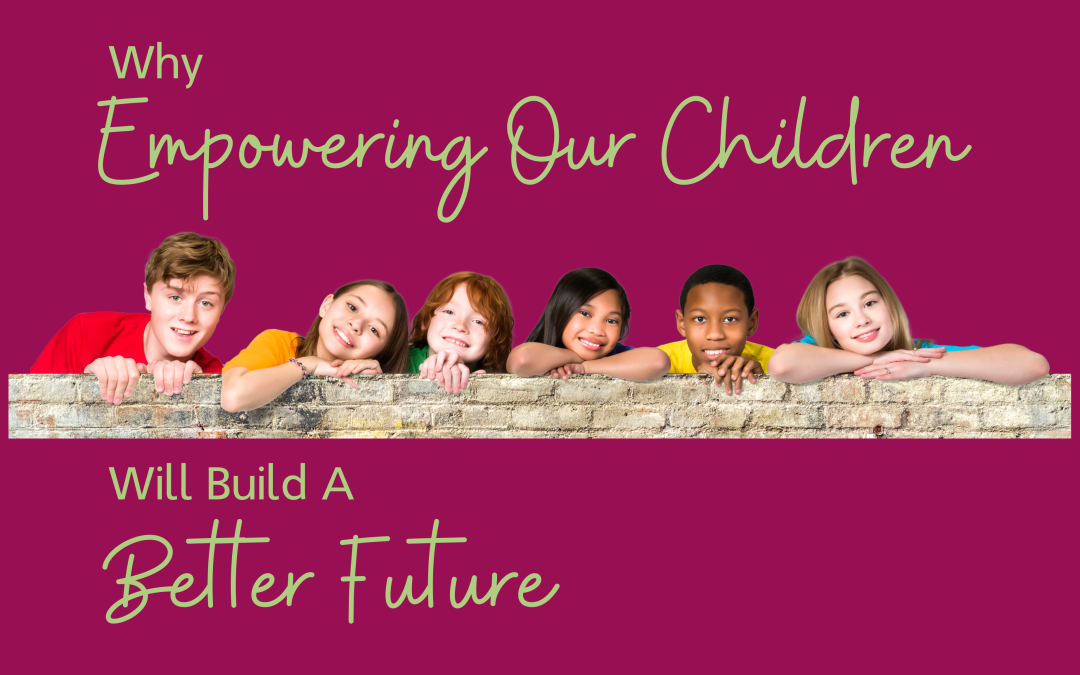“Children should be seen and not heard”
16th Century English proverb
How many of us have heard this in our lifetime?
How many of us were told this as children?
Generations of children silenced, instead of being allowed to question the world around us. Rather, we were being told that as children, we needed to remain quiet and do as we were told by the adults in our lives. Because those adults did as their parents taught them, and so on, rolling back through the decades….
Those silenced children grew into adults. Some of those adults went on to question how the ways of the world worked. They challenged how things had been done in the past. Thank goodness they did! Without their curious minds, we may not have modern conveniences such as air travel, antibiotics, the internet…
These days, just how important is it in a child’s development that we listen to them?
More than just a safe environment
As adults, our primary responsibility lies in ensuring the safety and well-being of children in our care. We know that they need food and water, to be warm and kept safe from harm. But we also must show children and young people how to be healthy adults. This involves building a strong, open relationship with children, engaging them in discussions, and empowering them to take part in their own safety.
In this blog post, we explore how a proactive approach to safeguarding can promote healthy relationships, boost self-confidence, encourage trust, and foster a sense of personal responsibility among children.
Reducing Fear and Anxiety in Children
How can we expect a child to become a well-adjusted member of society when they’re silenced?
We learn what we live.
Children’s brains are still forming, and are influenced wholly by what they hear, see, feel, and experience. Childhood forms the foundation of adulthood. Treating children with respect, acknowledging their ideas, and nurturing their curiosity are crucial steps in shaping a resilient, well-adjusted adult. A child needs to understand the power of their voice. Expressing themselves authentically starts with their questions being answered, and their opinions being heard. These interactions contribute significantly to their healthy development.
The world can be a cruel and unforgiving place, but by instilling in our children the confidence to face and challenge what’s wrong, we pave the way for their growth into compassionate, balanced, and confident adults.
Promoting Healthy Relationships and Boosting Confidence
Engaging children in discussions about their safety makes them feel heard and empowered. By giving them a platform to ask questions, we can guide them in exploring their concerns and help demystify topics they might find confusing or frightening. This active involvement can significantly boost their self-confidence, reduce their anxiety, and enhance their overall emotional well-being. An emotionally secure child is better equipped to navigate difficult situations, make sound judgments, and seek help when needed.
Fostering Trust and Open Communication
Involving children in discussions gives them the confidence to voice their worries and fosters an environment of trust and open communication. It assures them that their concerns and worries matter and that their thoughts and feelings are taken seriously. This open dialogue helps us as adults understand their perspectives better and provides us with valuable insights that can contribute to their safety. It can help us as adults understand where they are coming from, to see the world from their perspective which can, in turn, provide us with information we did not know that will help us to keep them safe.
Encouraging Personal Responsibility
When children are actively involved in creating safety rules, they gain a deeper understanding of the reasons behind those rules. They feel a sense of personal responsibility, knowing they play a significant role in their own safety. This sense of ownership makes them more likely to adhere to the rules and take greater responsibility for their actions and decisions, thereby reducing their exposure to potential harm.
Developing Critical Thinking Skills
We also equip children with critical thinking skills by involving them in conversations. With your guidance, they learn to analyse situations, identify potential dangers, and devise strategies to avoid or handle these situations. These abilities are crucial for their safety and serve as invaluable life skills.
Empowering Children to Advocate for Themselves
As we work together with children, we teach them to advocate for themselves. They learn it’s okay to ask for help and support when needed. This instils in them a sense of self-reliance and assertiveness that will serve them well in their journey to adulthood.
You should give your children a voice. You should teach them that their words, feelings, and opinions are of utmost importance.
Enhancing Children’s Emotional Well-Being
Allowing a child to express themselves to an adult that they consider ‘safe’, will promote a sense of well-being. The ‘safe’ adult doesn’t necessarily have to be a parent or primary caregiver, but a teacher, a family friend, or another professional. By understanding a child’s concerns and encouraging open communication with children, we support that child who needs our help. If we can teach our children to identify potential dangers and speak out about them, we can foster a safer environment for all. If you give your children the confidence to stand up to what’s wrong by showing them how important they are, they will grow up to be well round, kind, and loving adults.
We should strive to empower children, asserting that their thoughts, feelings, and viewpoints matter. If we fail to do so, they may struggle to find this affirmation elsewhere. A childhood enriched with validation and encouragement is the stepping stone towards a fulfilling, loving adult life.
Life should not be a one-way street where adults dictate the rules. It needs to be a collaborative process that requires open communication, mutual respect, and active participation from both adults and children. It’s our duty to cultivate this inclusive environment, empowering children to play an active role in their safety, well-being, and personal development.
Children are not our property. They are humans who need and want to be heard.
Our future world depends on it.
If you require any further information on how to engage children in decision-making and how best to empower your child, particularly in the area of online safety, you can book a Power Hour with me HERE

